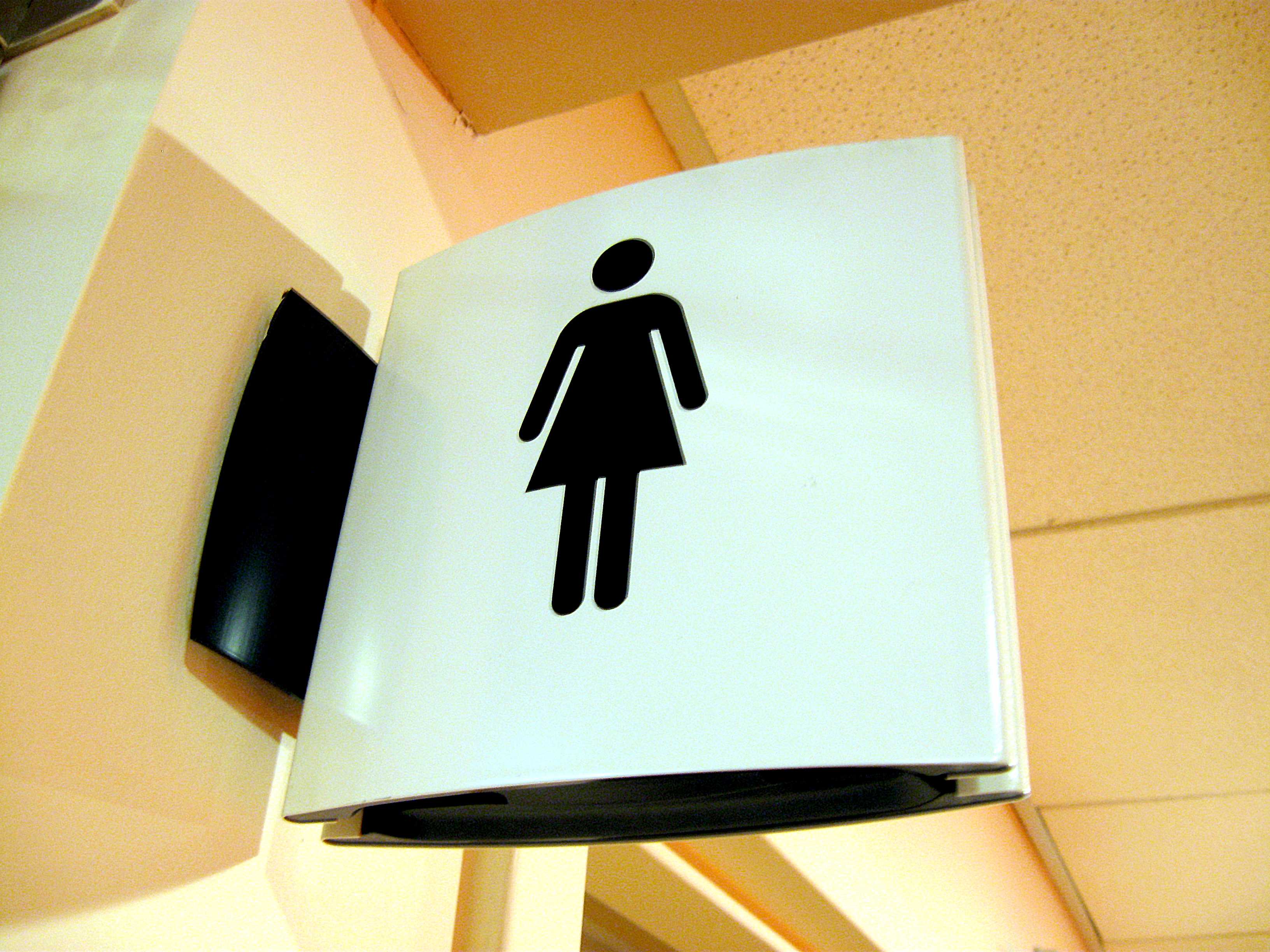 WASHINGTON — The U.S. Department of Justice has sent a letter to the governor of North Carolina declaring that a newly-passed law requiring the use of government restrooms to be consistent with one’s birth gender violates the federal Civil Rights Act, and is demanding confirmation by Monday that officials “will not comply with or implement” the restroom requirement.
WASHINGTON — The U.S. Department of Justice has sent a letter to the governor of North Carolina declaring that a newly-passed law requiring the use of government restrooms to be consistent with one’s birth gender violates the federal Civil Rights Act, and is demanding confirmation by Monday that officials “will not comply with or implement” the restroom requirement.
The letter, issued Wednesday to Gov. Pat McCrory, was written by Principal Deputy Assistant Attorney General Vanita Gupta, and accuses the state of violating federal law by not allowing men who identify as women and vice versa in the restroom that correlates with their gender identity.
“The State is engaging in a pattern or practice of discrimination against transgender state employees, and both you in your official capacity and the state are engaging in a pattern or practice of resistance to the full enjoyment of Title VII rights by transgender employees of public agencies,” she wrote.
The correspondence focused on government employees who identify as the opposite gender.
“Access to sex-segregated restrooms and other workplace facilities consistent with gender identity is a term, condition or privilege of employment,” Gupta said. “Denying such access to transgender individuals, whose gender identity is different from the gender assigned at birth, while affording it to similarly situated non-transgender employees, violates Title VII.”
The cited section of federal law prohibits employers from discriminating against a person because of their gender. The law has generally been considered as applying to discrimination against women in treating females as inferior to males.
Gupta also referenced Title IX of the Education Amendments of 1972, which prohibits educational institutions from discriminating against a person based on their gender.
“No person in the United States shall, on the basis of sex, be excluded from participation in, be denied the benefits of, or be subjected to discrimination under any education program or activity receiving federal financial assistance,” it reads.
But Gupta says that the courts have interpreted the law as applying to gender identity issues as well, and therefore, “H.B. 2, which took effect on March 23, 2016, is facially discriminatory against transgender employees on the basis of sex because it treats transgender employees, whose gender identity does not match their biological sex, as defined by H.B. 2, differently from similarly situated non transgender employees.”
She gave McCrory until Monday to advise the Department of Justice that the state will not “comply with or implement” the state’s newly-passed restroom law, and that it will notify state employees that “they are permitted to access bathrooms and other facilities consistent with their gender identity.”
McCrory has yet to comment on the letter, but has advised in previous comments that H.B. 2 permits those who identify as transgender to use the restroom that correlates with their preferred identity if they obtain a revised birth certificate.
North Carolina could be stripped of millions in federal funding if its stands its ground in upholding its prohibitions against men in women’s restrooms and vice versa. The law solely applied to government buildings and did not govern private businesses, which are free to set their own policies.
Become a Christian News Network Supporter...


